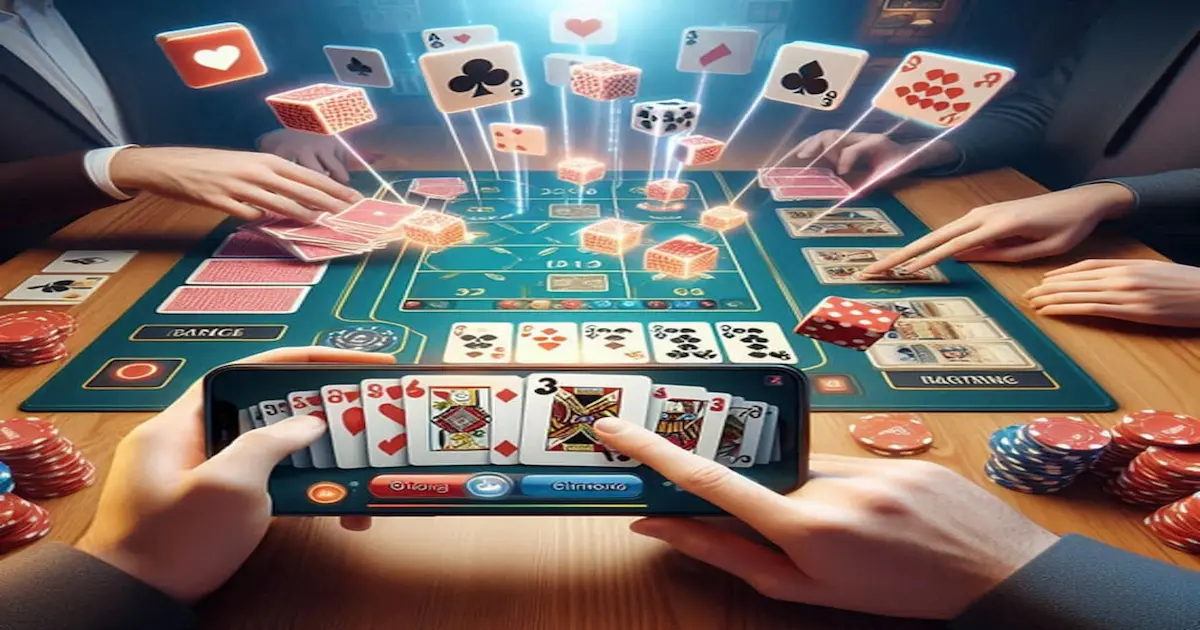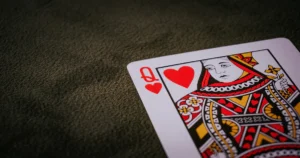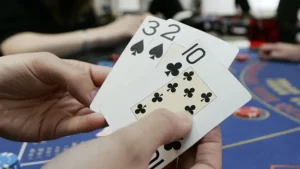From trick-taking classics to casino favorites, explore the wide range of types of games in playing cards and how their gameplay differs.
Introduction: Why Categorizing Card Games Matters
Playing cards have entertained people across the world for centuries. But the term “card game” is not one-size-fits-all. There are dozens of card games with entirely different mechanics and objectives. This guide breaks down the major types of games in playing cards to help you understand the wide variety of gameplay available.
Whether you’re a beginner or an experienced player, knowing the category of a card game can help you choose the right one for any group or occasion.
1. Trick-Taking Games
Trick-taking games are based on rounds where each player plays one card, and the highest card in a specific suit wins the “trick.” These games often involve partnerships and strategic planning.
- Popular examples: Bridge, Spades, Hearts, Euchre
- Skills required: Memory, deduction, and partner communication
Games like Contract Bridge are deeply strategic and often played competitively.
2. Matching and Set Collection Games
In these games, the primary objective is to collect sets of matching cards based on value, color, or suit. These are often great for casual settings and younger players.
- Popular examples: Rummy, Go Fish, Old Maid
- Skills required: Memory, pattern recognition, planning
Rummy and its many variants have been popular worldwide for generations, making them a staple in many households.
3. Shedding Games
Shedding games are all about being the first to get rid of all your cards. These are fast-paced and usually suitable for groups of various ages.
- Popular examples: Uno, Crazy Eights, President
- Skills required: Timing, hand management, quick decision-making
While Uno uses a special deck, the gameplay style is shared by many traditional playing card games like Crazy Eights.
4. Accumulation and Fishing Games
These games focus on accumulating cards or points over time. In fishing games, players “capture” cards from a layout or table by matching values.
- Popular examples: Casino, Scopa, Go Boom
- Skills required: Memory, calculation, strategic play
In games like Casino, players use tactics to capture high-value cards and outscore opponents.
5. Solitaire Games
Solitaire or “patience” games are typically for solo players and involve organizing cards into specific orders or patterns. They are ideal for quiet, reflective gameplay.
- Popular examples: Klondike, FreeCell, Pyramid
- Skills required: Logic, planning, patience
You can play many solitaire variations online or using a physical deck. Visit Solitr.com to try them for free.
6. Casino and Gambling Card Games
These games are often centered around betting and chance but also involve a significant level of skill. They are widely played in casinos and poker rooms.
- Popular examples: Poker, Blackjack, Baccarat
- Skills required: Probability, bluffing, risk management
Poker is a world-famous game with numerous variants like Texas Hold’em and Omaha. Blackjack, another top casino game, relies heavily on understanding card values and odds.
7. Party and Custom Deck Games
These games often involve custom decks or cards with actions, questions, or prompts. They are perfect for groups and focus on fun and social interaction.
- Popular examples: Cards Against Humanity, Exploding Kittens, Uno
- Skills required: Humor, creativity, group awareness
While not played with traditional decks, these are still technically card games. They are ideal for game nights and social events.
8. Educational and Mathematical Card Games
These games are designed to teach concepts like arithmetic, memory, and language skills. They are great for children and often used in classrooms.
- Popular examples: Math War, Memory Match, Word Card Games
- Skills required: Basic math, spelling, concentration
Teachers and parents often use card-based learning tools to reinforce early skills in an engaging way.
Why Understanding Gameplay Types Matters
Understanding the different types of games in playing cards helps players pick the right game for the right setting. It also allows designers and enthusiasts to better organize and innovate game mechanics.
Whether you’re designing your own game, learning strategy, or just picking a new pastime, knowing the basic structure of gameplay will help you enjoy card games more deeply.




